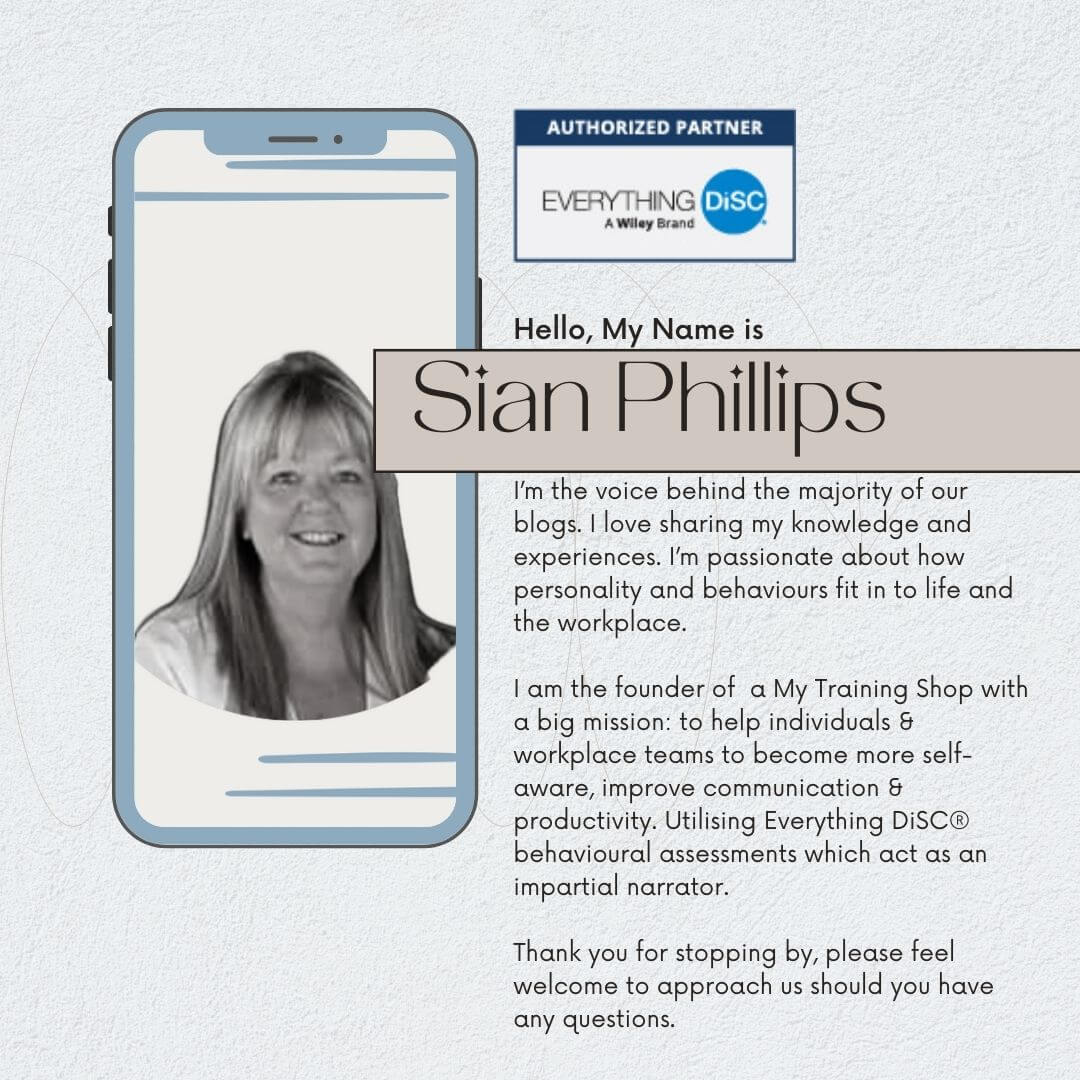Machine Intelligence vs. Human Intelligence
Reading time - 4 min. Speaking time - 9 min.
Can our human skills be replaced by technology?
Will machines ever replace people completely?

In today's tech-driven world, automation and artificial intelligence (AI) seem to be rapidly taking over many aspects of life - from the merchandise industry to customer service. However, there are still some areas in which even the most advanced technology lacks, leaving humans as the only solution.

Humans have a range of unique and valuable skills that cannot be easily mimicked or automated by technology. There is a range of certain human abilities that allow us to reach higher levels of creativity and problem-solving that machines are simply unable to achieve.
While automation is on the rise and will certainly continue to play a significant role in our lives, human skills still are irreplaceable and invaluable. In this article, we'll outline and explore why some people's skills cannot be automated.

10 Unique Attributes of Human Intelligence That Machines Just Can't Match
Creativity:
Is central to many aspects of our lives and helps us solve problems in new ways, such as finding creative solutions for tackling environmental issues or inventing an entirely new type of technology.
Creativity is a skill that machines can imitate, but they will never be able to create novel items or concepts from scratch. Creative ideas rely on people’s unique abilities to think out of the box and generate new, innovative ideas - something that machines simply can’t do.

Humans make leaps in knowledge and understanding that a computer cannot, due to its lack of imagination and a wider knowledge base. Even if machine-learning algorithms become sophisticated enough to mimic some level of creativity, they will always remain inferior to human thought processes.
Complex Decision Making
Decision-making is key in being able to steer organisations (or even our households) into achieving desired outcomes. This lies with how well we can distinguish between multiple options (and recognise when NOT all options may lead towards success.
Machines are programmed primarily with logic. While this is great for many tasks (think about the medical world) as humans we can’t just leave things up to programming when complexities arise. Grey areas need to be looked at on a more subjective level.
Comprehensive decision’s, impacting delicate matters demands multi-criteria decision-making, involving others (humans) Most complex decisions require judgment outside of logical programming because it often calls for intuition and emotional intelligence which machines do not possess.
Additionally, many complex decision-making processes involve rational thought processes combined with emotional engagement; two concepts that machines just don't have..... yet! Making decision-forming capability is still uniquely part of our human skillset alone ….for now.
Complex Problem Solving
A lot of complex problem-solving requires more than just logical reasoning due to the unpredictability involved with many scenarios. Instead, it requires unique insights only humans can provide by utilising their intuition and experience.
Machines are good at crunching numbers and finding solutions, but they cannot explain invisible concepts and analyse complex emotions meaningfully – elements that drive human decisions all the time when faced with demanding situations owing to our capacity for critical thinking
Negotiation/Making Deals
Humans possess an innate ability to negotiate with others to come away with better deals for themselves or their companies. Machines simply aren’t emotionally equipped for this task as opponents would easily cut through their dialogues and potentially offer far less than what would be beneficial for both sides involved in the negotiation process.
Negotiating requires human interaction. No matter how advanced Artificial Intelligence gradually becomes. It simply can't replace face-to-face dialogue between two people. Nothing can equal the intimacy created when both parties involved can truly express not only what's being said but also how it's being said.
In nonverbal communication where we use body language or facial expressions, robots, unfortunately, cannot comprehend at all!
Communication
People possess an innate ability in terms of engaging in social conversations effectively with others. Ensuring smooth communication across different relationships – an attribute that machines still lack despite advancements made within natural language processing over decades.
Although chatbots are useful tools -- ultimately, they fail when put up against much more sophisticated discussions between real people. Are unable to understand let alone communicate nuanced feelings or opinions behind certain topics, essential between successful negotiations and trade-offs consistently seen amongst business deals.
Emotional Interaction
Computers may have artificial intelligence to the point of allowing them to respond logically in certain situations according to predetermined rules. They can't however possess true empathy or have any understanding of emotion beyond that which has been programmed into them by their user.
The human brain is still required to convey sensitivity toward the other person, hands down dominating any computer algorithm.
Intuition
Intuition is an ability we humans have that allows us quick decision-making without needing a rationale behind its reasoning - something computers just don't have yet (and may never achieve). Sometimes on a conscious level, sometimes not, this feeling comes from years of experience in our working lives and education.
In to the bargain the vast amount of knowledge we accumulate throughout our lifetimes allows us crucial split-second judgments in everyday life situations - something still impossible for automation technology to replicate ….so far
Leadership & Inspiration
Leadership involves influencing people and helping them direct their energy in a collective direction towards a common goal. Great leaders have skills such as motivation, trustworthiness, integrity, emotional intelligence and sound decision-making. Consequently, separating humans from automation; machines do not have traits like these because these abilities are born out of feelings - senses that are unique roots within humanity only. This kind of inspiration would eventually wane on robots over time due to a lack of passion found only within real people.
Interestingly, no surprise and sometimes helpful there have been AI-based algorithms that can assist with identifying potentially suitable candidates for leadership positions at companies for some time now.
Human Connection
Human connection cannot be replaced by automation because human interaction is based on subtleties and nuances that machines simply cannot understand. Human connection involves empathy, sympathy, respect for the rights of others, interpersonal communication skills and the ability to suspend judgment and to build trust. Machines do not have the capacity for this kind of social and emotional engagement that is needed to foster collaboration, cooperation and understanding among people.
Essentially, the ability to motivate and inspire is pertinent to human connections. There is little to beat witnessing how human's words can motivate people through inspiring stories! Many humans thrive off hearing other people's life stories: failures and successes alike encouraging everyone around them to believe in their dreams.
Although technology nowadays allows great life stories to be shared at a much faster pace than before -- it's hard to replicate magic words a genuinely uplifting story delivered with passion bringing together anyone willing to listen.
Empathy
Last but certainly not least is the ability to understand someone else’s emotional state.
The ability to understand and feel someone else's emotions is called empathy. No machine or algorithm can replicate this. Despite efforts from companies like Facebook, Microsoft, and Google to create emotional AI systems capable of expressing empathy, none of them have been successful in replicating the complexities and subtleties involved in understanding another person's emotional state.
Did you know?
As time goes by, that prompt engineers are likely to be more in demand for language AI models. Prompt engineering is the art of designing and refining input for AI models like ChatGPT, DALL-E, Stable Diffusion, and Midjourney.

The goal being to enhance the language model's performance by providing clear, concise, and well-structured input that suits the task or application. By doing so, we can improve the output generated by these models and make them more effective for their intended purpose.
Food for thought; a few reasons why soft skills are required for successful AI

- Creativity: AI thrives in environments where creativity is valued, and engineers are encouraged to find innovative solutions for problems and tasks.
- Interpersonal Skills: Working alongside new technologies requires human workers to have a strong set of interpersonal skills in order to foster successful collaboration between different departments or job functions
- Problem-solving: People who possess logical problem-solving skills or have technical backgrounds are needed in order to develop the algorithms that power AI solutions
- Leadership: Leaders who understand the implications of AI technology will be critical in guiding organisations on its proper application and usage.
Useful for:
- Adaptability: AI can’t be successful without employees who are good at adapting quickly to changes.
- Communication: AI needs people who can:
- Discussing AI and its potential
- Talking about using AI
- Improving AI
- How to make decisions about implementation of AI with stakeholders.

My thoughts and summary
We seriously can't live without our smartphones, right? YES, (guilty, I love a bit of tech)Apps and algorithms are basically controlling our every move now. They manage our habits, influence what we see on social media, suggest fun things to do, and hook up all our other smart devices. Instead of paper maps (I never could use those!) we plug destinations into GPS and let AI tell us where to go…..
…however
I don't think AI will take all our jobs. Machines are good at speed and accuracy, but they don't have the same emotional or social capabilities as humans. So those of us who are employed in jobs that require such skills should be safe! We just need to remember to keep changing and adapting to progress. It's all doable!
Attention! Feeling stuck in your career or personal life?
There’s no need to be! Everything DiSC® profiling can help you unlock great insights and growth.
With DiSC profiling, you will gain a deeper understanding of yourself, as well as how to best interact with others at work, home and in social settings. It helps pinpoint key areas of strength and weakness allowing you to improve both professionally and personally.
Knowing more about yourself can be invaluable in making the right decisions going forward. With more knowledge comes better communication skills which are key for successful self and professional relations at any stage of life.
Start your DiSC for self reflection assessment to receive your personalised report.
Read Unlocking Success with Everything DiSC® to learn more
© Sian
| DiSC FAQ;s:Commonly asked questions | |
| Everything DiSC in action Success stories and research | Read more about DiSC |











